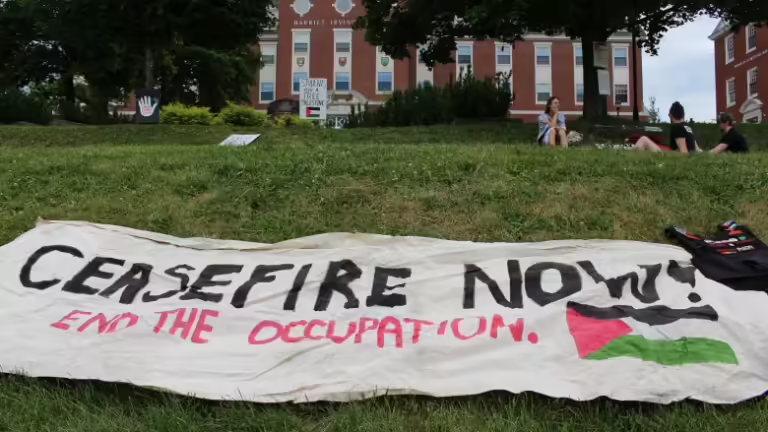Blaine Higgs called a snap election to take place on Monday, September 14, and the New Brunswick Progressive Conservative Party emerged with a majority government with a total of 27 seats.
“I want to get a program to bring stability to the province. I want an economic program that doesn’t get stalled because of politics,” said Blaine Higgs in the days leading up to the election.
Sweeping seats across Central and Southern New Brunswick, the PC’s now have the opportunity to show New Brunswick what Higgs’s stability looks like. For many others, particularly members of the LGBTQ+ and Francophone communities, as well as those seeking reproductive justice, this election means uncertainty and a tough road ahead.
For these communities, Higgs has been an antagonist against accessible abortion and specialized medical treatment for minority groups, services offered at Fredericton’s Clinic 554, which is facing closure due to a lack of provincial funding.
Due to the COVID-19 pandemic and the suddenness of the snap election, there was little opportunity for contention on subjects such as abortion services or glyphosate spraying. Voters approached the election as a referendum on Blaine Higgs’s coronavirus response.
“There was no one issue that emerged during the campaign. In ridings where the conservative was the main contender, a number of candidates said that they felt like they were running against Blaine Higgs, his record on COVID-19. And that’s a pretty difficult thing to vote against when many people were quite happy with how they were kept safe and secure in the face of the pandemic,” said David Coon, New Brunswick Green Party Leader and Fredericton South MLA.
Despite the PC majority, there is a clear political divide based on language. Francophone New Brunswick rejected Higgs outright by electing Liberal MLAs in the northern ridings, despite Higgs’s attempts at uniting the province under his party.
This election shows that New Brunswick Francophones are not willing to forget the premier’s decades-old anti-bilingualism views from his time with the now-defunct Confederation of Regions party.
The New Brunswick Liberal Party saw disappointing turnout in the rest of the province, with leader Kevin Vickers only getting 28.6 per cent of the vote in his Miramichi riding, losing to People’s Alliance incumbent Michelle Conroy who had 45.1 per cent of the vote.
Conroy was re-elected despite controversies regarding disputes with CUPE, including accusations from the President of CUPE NB, Brien Watson, that the People’s Alliance party allegedly stole CUPE signs critical of Conroy.
“The Liberal Party will move on and rebuild,” said Vickers, just after the election results were called. Shortly after, he announced he would be stepping down as party leader.
For the New Brunswick Green Party, the results brought mixed feelings.
“I certainly was hoping for at least two additional seats to give us five. This was a particularly challenging election, of course, because it was a snap election, so we didn’t really have any time to prepare while the [Blaine Higgs] government was. It’s interesting because we were the only party on the opposition side who did not lose any seats. We held our seats and we’re the only party to actually grow our percentage of the popular vote in New Brunswick by 30 per cent. Those are all very positive,” said Coon.
In the Fredericton area ridings won by PC candidates, the Green Party came second in every riding. A notable exception is in the Fredericton-Grand Lake riding where People’s Alliance leader Kris Austin was re-elected with the PC’s Roy Wiggins coming in second.
The People’s Alliance, a third party that held strong sway in the minority government, saw a decline in popularity, losing its seat in Fredericton York where incumbent Rick DeSaulniers came third following the PC’s Ryan Cullins in first and the Green’s Melissa Fraser in second.
In Fredericton North, voting came down to a battle between small business owners. The PC’s Jill Green, co-founder of Green Imaging Technologies, and the Green Party’s Luke Randall, owner of Endeavours and Thinkplay, faced a close battle where Jill Green edged out a victory with 41.1 per cent thanks to large support from early voter turnout. In this same riding, the Liberal incumbent Stephen Horsman was dethroned to third place, and NDP interim leader Mackenzie Thomason experienced a devastating loss with only 100 votes.
While New Brunswick will now be governed by a PC majority, Fair Vote Canada points out that the Conservatives were far from winning a majority of the popular vote, with over 60 per cent of New Brunswickers voting against Blaine Higgs’s Progressive Conservative Party.




